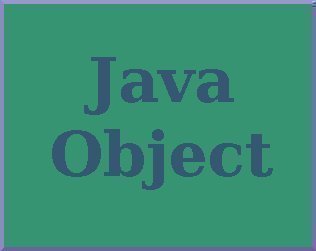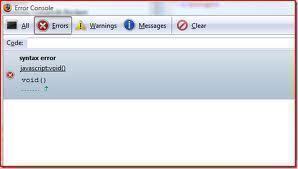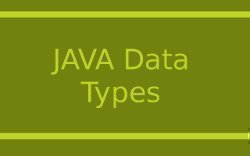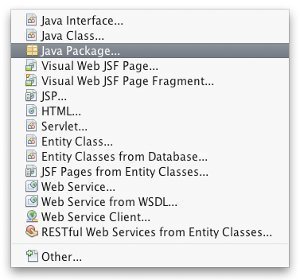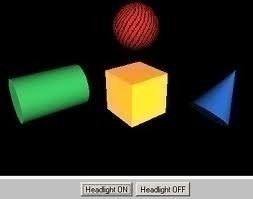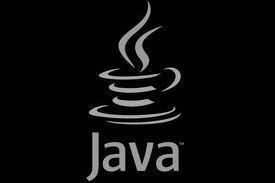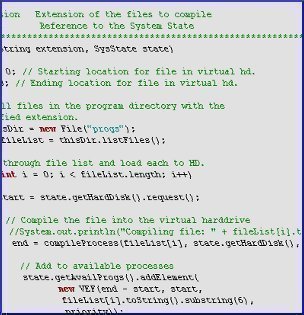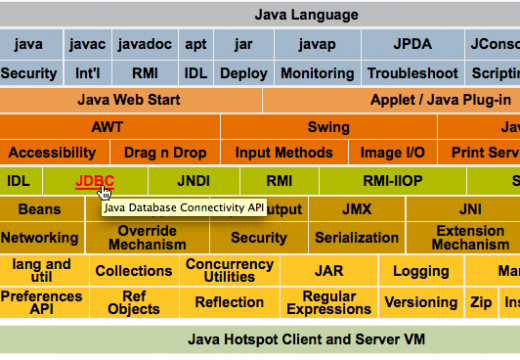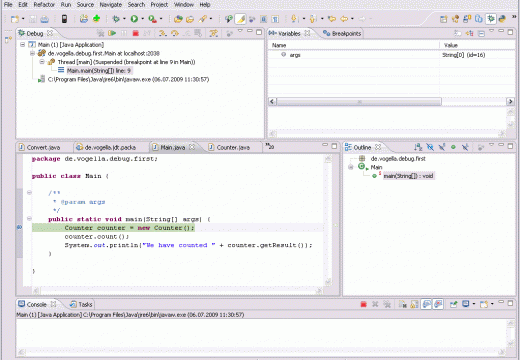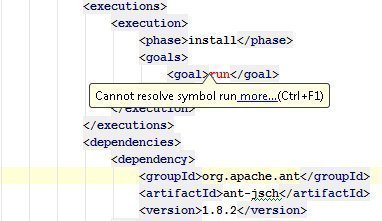Object
A Java object is basically a set of data, data structures, and methods combined together to form a single entity. An object is an instance of class. Therefore, a class is said to be a blueprint of an object. Every object instantiated from a class will contain its own copy of member variables and member …

